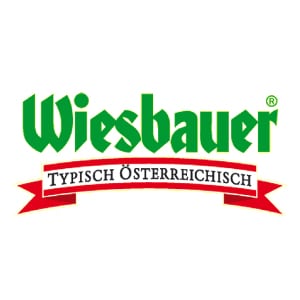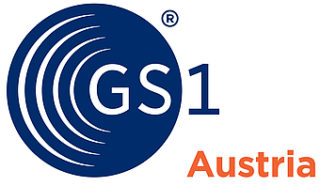EDI Supply Chain Prozess at Wiesbauer

An Austrian EDI pioneer
Wiesbauer’s first steps in the area of Electronic Data Interchange and its collaboration with EDITEL (then called “ECODEX“) date back to the year 1992. The first incentive for the introduction of electronic orders (ORDERS) came from an Austrian food company that was strongly encouraging its suppliers to use them. Back then, Wiesbauer was one of the first businesses in its industry to jump on the “EDI bandwagon.” To this day, it is regarded as the ultimate trailblazer in all things EDI.
Industry-specific challenges
More than for most foodstuffs, freshness and quality are paramount for meat and processed meat products. Given the short shelf lives of these products, the order and delivery frequency is many times higher than for other products. Accordingly, the swift and error-free exchange of order and delivery information is key. Another challenge is the fact that both retailers and consumers increasingly demand more transparency in terms of the products’ and raw materials’ origin and their traceability.
We have believed in EDI for many years because it helps us make processes easier and more efficient. Well-maintained master data, combined with smooth EDI process are our recipe for success for achieving good data quality. Ljuban Magdelinic, IT director at Wiesbauer.
Fresh data for fresh meat
Wiesbauer currently relies on eXite®, the EDI platform by EDITEL, for the automated exchange of orders (ORDERS), despatch advices (DESADV) and invoices (INVOIC) with its retail partners without any system inconsistencies. “These three EDI message types are indispensable for a successful collaboration with retailers and for us to harmonize our processes”, Mr. Magdelinic underlined. In addition, he believes that a well-implemented Electronic Data Interchange process “is an important indicator of quality, which increases the company’s external prestige.” When it comes to the need for traceability, Wiesbauer mostly uses the electronic despatch advice (DESADV). Used in combination with the pallet label SSCC, it provides batch-specific information, including origin, animal raising, fattening and slaughtering. In order to be able to work with business partners that are not EDI-ready (e.g. small meat packing businesses), EDITEL has developed a web EDI solution for Wiesbauer that allows these businesses to enter the required information via EDI. This approach ensures seamless traceability with all business partners even in the downstream process. Another important issue for Wiesbauer is the need for correct master data, especially for merchandise whose weight varies, which is why Wiesbauer was one of the first users of GS1 Sync, the master data portal of GS1 Austria.
Benefits thanks to EDI at Wiesbauer
- Transparency in the value chain allows for traceability
- Meets high demands regarding freshness and short shelf lives
- Error-free exchange of order and delivery information
- Web EDI solution designed to connect small suppliers
- High data quality
- Integrated interface to ERP system CSB-System
About Wiesbauer
Founded in 1931 by Franz Wiesbauer, the meat processing company that bears his name is one of the leading Austrian businesses in its sector. In 2020, Wiesbauer Vienna achieved sales of 110 million euro with a staff of 550. The company’s iconic “Bergsteiger” brand accounts for a large percentage of these sales. In addition, the company produces another 80 Austrian meat specialties that are sold on the Austrian market and exported to Germany. Currently, an impressive 50% of all products are exported and serve as “cold cut and ham ambassadors.”




